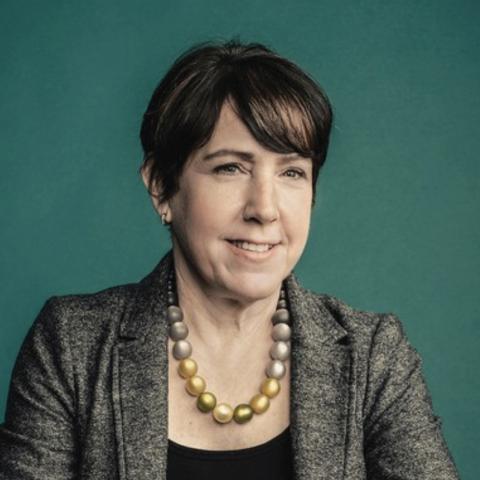Statement on the End of the Presidential Primary for Women Candidates
The 2020 presidential campaign began with six women candidates running in the Democratic primary, a record level of participation, including four U.S. Senators, a four-term U.S. Representative, and a successful entrepreneur.
Now there are none.
From the beginning, the 2016 campaign loomed over 2020 and one question was repeated continuously throughout the primary: Can a woman win? It has become a self-fulfilling prophecy.
Women can win. Hillary Clinton showed this in 2016 when she won an overwhelming popular vote victory. Women at all levels, in all kinds of districts, showed this in 2018 when they set records for political representation in the Congress and around the country.
As we’ve discussed throughout this election cycle, women are forced to run dual campaigns: a traditional campaign to show that they are the best person for the job and an additional campaign appealing to political analysts, donors, and the media, as well as voters, to prove that they are “electable” at all.
Someday a woman will be President of the United States. But it won’t happen in an environment where women are hobbled by different, and greater, expectations than their male counterparts.
It’s time to change the way we talk about women candidates.
-Debbie Walsh, Director of the Center for American Women and Politics






